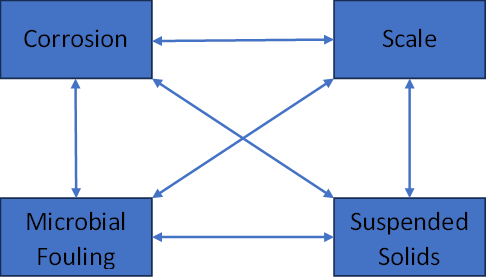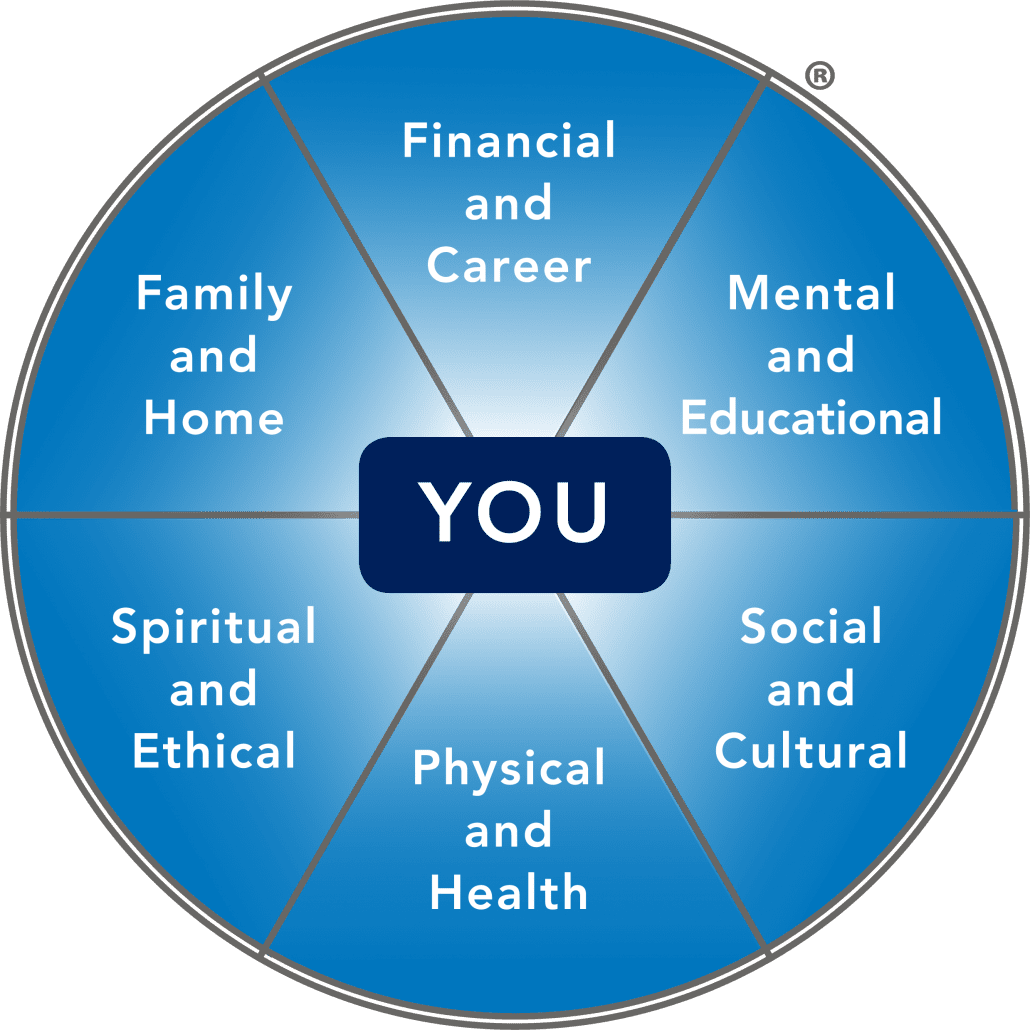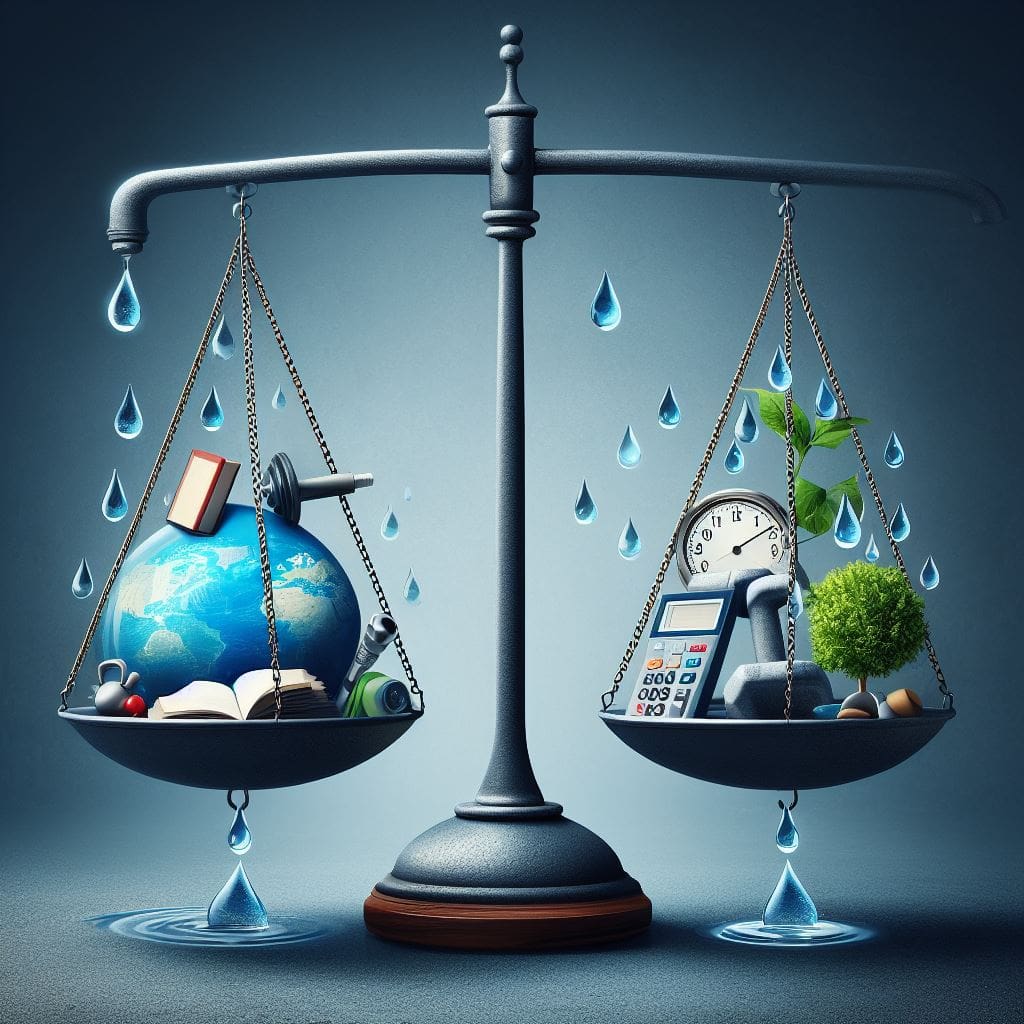Anyone responsible for the maintenance of commercial and industrial premises, will understand the risks of Legionnaires Disease and the importance of managing their water systems to minimise the potential for this deadly infection.
Legislation and guidance notes, drawn up over years by water treatment professionals and building design specialists, are in place to enable responsible people to properly maintain and manage their water systems, to do everything they can to keep their workers and members of the public safe. Yet there are still outbreaks of Legionnaires Disease and when they occur the finger invariably points at the water treatment regime.
In my early career I was trained to understand the importance of a balanced water treatment programme. Most systems that use water are vulnerable to corrosion, scale build up, suspended solids and microbial fouling. All are interrelated and must be considered when designing a water treatment programme. A poorly maintained water system will lead to mechanical failures, high costs and, for certain systems, the potential of serious or fatal injuries.

The nature of the relationship will change from system to system due to the uniqueness of the operation and the water quality. It is the job of the water treatment professional to understand this so that adjustments to the programme can be made as required, when faced with a major change.
This could take the shape of additions to the system introducing new materials, a change in production requirements putting unforeseen demands on the system, the introduction of the latest “miracle” water treatment technology; all with the potential to throw the system out of balance with potentially detrimental effects.
Put simply, if you understand the balance in the system, it becomes easier to make decisions on how to implement the changes required when faced with change.
So how does this relate to the world of Leadership development and coaching?
It is a fundamental premise of Leadership, that before you can successfully lead others, you need to understand them, and before that you need to be able to understand and lead yourself.
A key part of personal leadership is to be a Total Person® and have values and goals in the following key areas:
- Finance & Career
- Mental & Educational
- Physical & Health
- Social & Cultural
- Spiritual & Ethical
- Family & Home
This is known as the wheel of life and like all wheels it will not turn very well with “flat spots”.

Understanding the condition of your wheel is important to personal development and wellbeing.
The best leaders will have balance in all these areas, with visions and goals set to take them from where they are now to the leader they want to become.
But no journey is smooth. We all hit bumps in the road and changes in direction, either forced upon us or chosen. If our wheel is in balance and we have clear visions and goals, then we can overcome these obstacles by making decisions based on our values and quickly get back on track.
This same principle can also be applied to organisations, with a wheel, based around their culture and values.
To keep in balance, you need to understand all the elements and their interrelationships. What’s more, you must keep working at it to stay on course.
If you lose balance in a water system then things can quickly spiral out of control, leading to equipment failure, high costs and bacterial growth that is a danger to public health.
If your wheel of life is out of sync, then you will not achieve the things you are capable of or become the person you should be.
In an organisation the implications can be even worse, with loss of profits, disillusioned staff and no real sense of direction and purpose.
The good news is that this can easily be sorted out. With a clear understanding of the direction, you are taking, and the benefits it will bring you, along with a clear process of goal setting and review, you will progress along your path and achieve the success you deserve.

